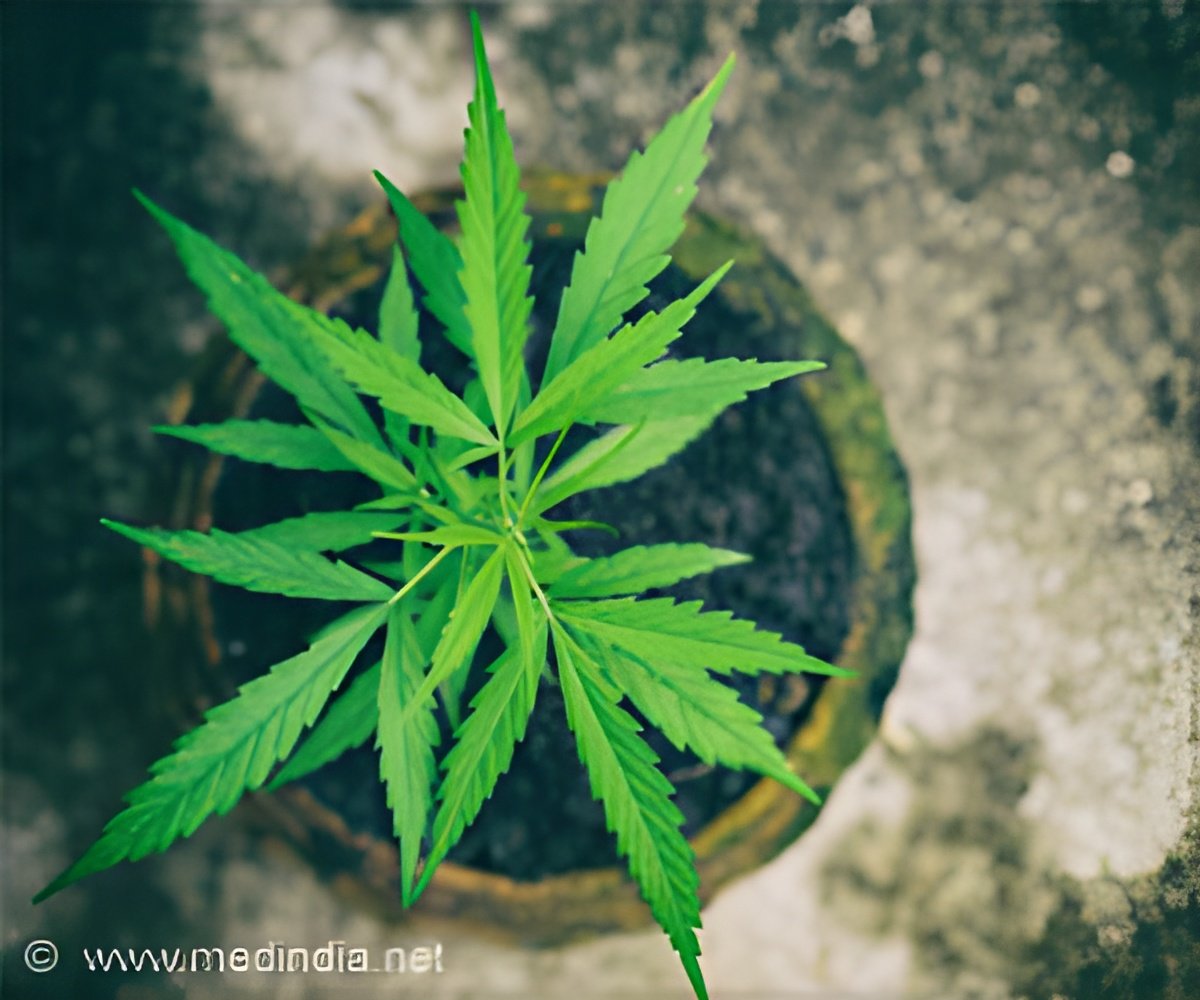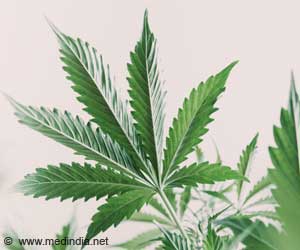Do you know: Cannabis potency has doubled across Europe. A new study highlights that cannabis resin and herbal cannabis have significantly increased in potency and price.

‘Cannabis potency has doubled across Europe. A new study highlights that cannabis resin and herbal cannabis have significantly increased in potency and price.’
Read More..




The study by researchers from the University of Bath and King's College London, draws on data collected from across 28 EU Member states, as well as Norway and Turkey by the European Monitoring Centre for Drugs and Drug Addiction.Read More..
The findings show that for herbal cannabis, concentrations of delta-9-tetrahydrocannabinol ('THC' - the main psychoactive constituent of cannabis) increased by a similar amount each year, from 5% in 2006 to 10% in 2016.
For cannabis resin (or hash), THC concentrations were relatively stable from 2006 to 2011 (from 8% to 10%) but then increased rapidly from 2011 to 2016 (from 10% to 17%). The price of cannabis resin also increased, but to a lesser extent than for herbal cannabis.
Lead author Dr. Tom Freeman from the Addiction and Mental Health Group within the Department of Psychology at the University of Bath, said: "These findings show that cannabis resin has changed rapidly across Europe, resulting in a more potent and better value product."
Unlike herbal cannabis, cannabis resin typically contains cannabidiol (CBD) in addition to THC. CBD has recently attracted considerable interest due to its potential to treat several medical conditions including childhood epilepsy syndromes, psychosis, and anxiety. When present in cannabis, CBD may offset some of the harmful effects of THC such as paranoia and memory impairment.
Advertisement
Dr. Freeman added: "CBD has the potential to make cannabis safer, without limiting the positive effects users seek. What we are seeing in Europe is an increase in THC and either stable or decreasing levels of CBD, potentially making cannabis more harmful. These changes in the illicit market are largely hidden from scientific investigation and are difficult to target by policy-makers. An alternative option could be to attempt to control THC and CBD content through regulation."
Advertisement
Recreational use is now legalized in Canada and several US states, and medical use is permitted in many more countries, including very recently in the UK.
Source-Eurekalert











